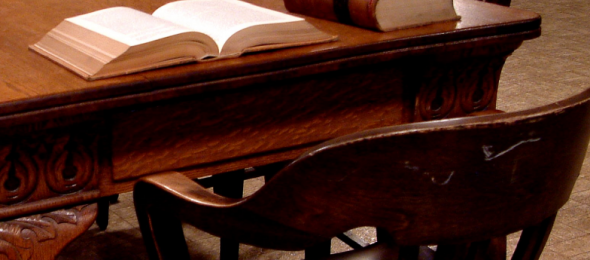Professor Jennifer W. Reynolds of the University of Oregon School of Law has published a thoughtful article entitled Judicial Reviews: What Judges Write When They Write About Mediation, Penn State Yearbook on Arbitration & Mediation, Vol. 5, 2013. In her publication, Professor Wilson discusses the role of mediation in the legal system from a judge’s perspective.
Here is the abstract:
Judges are uniquely positioned to comment on the phenomenon of court-connected mediation. Judges design and implement court systems with mediation components; they refer or order litigants into mediation; and they often serve as mediators themselves, either as part of their judicial duties or after retiring from the bench. Yet ironically there are few formal judicial opinions commenting on the procedural, ethical, and substantive issues around court-connected mediation today. When researching mediation, therefore, legal scholars who limit themselves to traditional legal sources will not have much to work with.
This Article identifies a new source of “judicial review” of mediation: judge-written scholarship. At least since the beginning of the modern alternative dispute resolution (ADR) era in 1976, judges have been writing about mediation in the courts. These articles run the gamut of narrative, audience, scope, and focus. They are neither accountable to nor constrained by the conventions and standards of academic scholarship or judicial opinions. Like wild horses, judge-written articles on mediation are intelligent and independent, socially aware yet also self-interested. Treating these articles as part of a distinct dataset — a dataset that, to my knowledge, has not previously been recognized before — uncovers a new, possibly treacherous quarry for research about front-line experiences with court-connected mediation.
The Article makes the following two contributions to mediation scholarship. One, the Article maps out a (starter) dataset of judge-written scholarship on mediation intended to support research efforts around mediation, court-connected and otherwise. Two, from this mapping exercise, the Article suggests that when it comes to mediation-as-process, judges prioritize efficiency; but when it comes to mediation and professional identities, judges prioritize other values. For reformers, this preliminary finding helps clarify what court-connected mediation looks like today and suggests new discursive spaces and strategies for positive change.
This and other scholarly papers authored by Professor Wilson may be downloaded free of charge from the Social Science Research Network.











